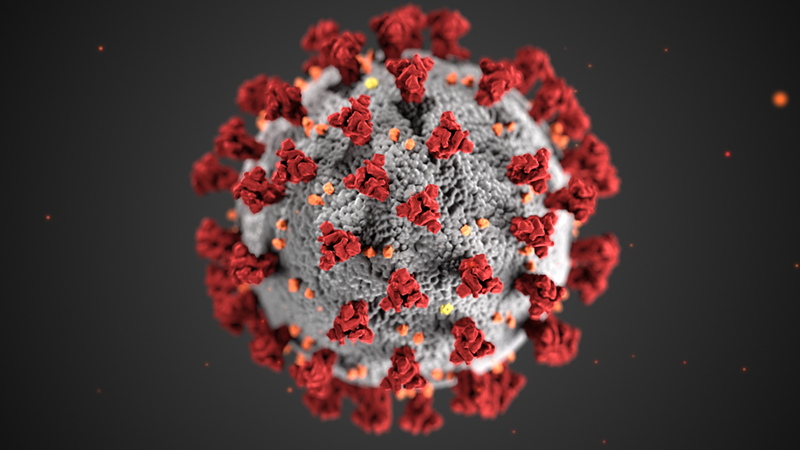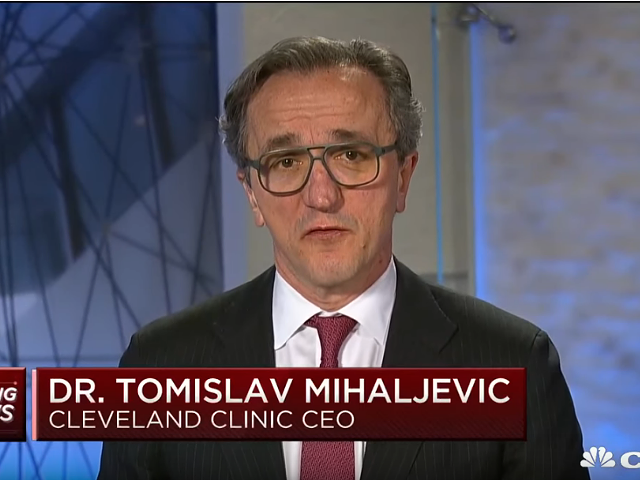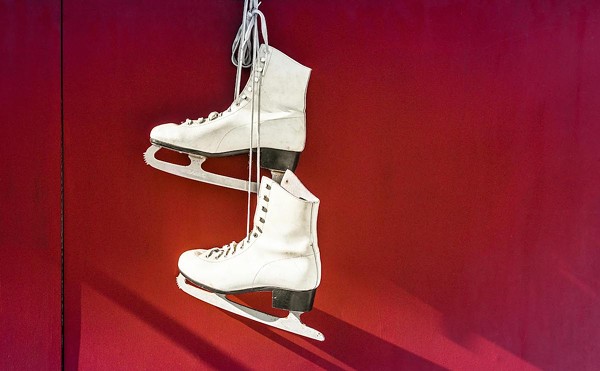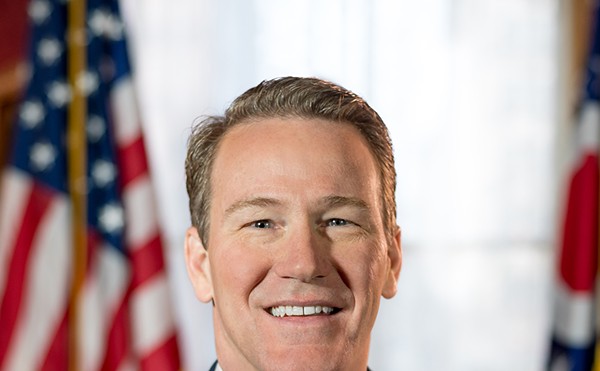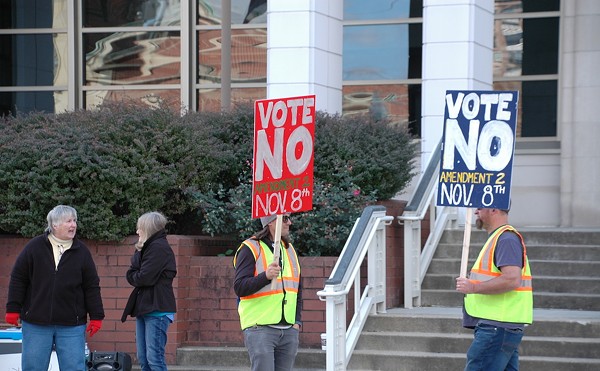Ohio Gov. Mike DeWine announced today that his administration will order the closure of all bars and restaurants in the state at 9 p.m. tonight.
DeWine stressed that carryout and delivery would still be allowed, but that sitting and eating or drinking in establishments would be forbidden for the time being.
"We are literally at a crucial, crucial, crucial stage," DeWine said today, stressing that the order was designed to save lives.
The state will change Ohio's unemployment law to allow workers without paid leave immediate access to unemployment benefits if they have been impacted by coronavirus COVID-19, Lt. Gov. Jon Husted said today.
The state will also unveil measures to prop up businesses hit by today's order, including help applying for federal low-interest disaster loans of up to $2 million to cover debt payments, payroll and other expenses during the crisis.
One measure: bar and restaurant owners with liquor licenses will be able to return unopened high-proof liquor purchases in the last 30 days to the state liquor agencies where they purchased them.
The order is a new, much more restrictive measure designed to try and curb the spread of the pandemic coronavirus COVID-19. The Ohio Department of Health's website showed 37 cases confirmed in the state, but there are many more, ODH Director Amy Acton said.
Earlier, she estimated there were more than 100,000 cases in Ohio. Today she said it is getting difficult to maintain accurate counts due to a limited number of tests and a flood of possible cases.
Without intervention, DeWine said, between 40 and 70 percent of the population could contract the virus.
Acton implored Ohioans to practice social distancing and stay home if possible to keep Ohio's healthcare system from overload.
"By the time you're infected, it could be another two weeks before you are actually hospitalized for this," Acton said today. "Deaths are going to occur four to six weeks after that. We have to assume what is here."
People with cases in Ohio range in age from 31 to 86. The median age of those cases is in the 50s.
"This is disproportionately going to hit the most vulnerable among us," Acton said."This is not a drill. This is the once-in-a-lifetime pandemic."
Mortality rates for the disease across the globe have been roughly .2 percent for those 40 or under. But the rate jumps sharply above the age of 60; those aged 70 and over have an 8 percent mortality rate and higher.
Acton said 200,000 ICU beds will be needed in the U.S., which currently has 45,000. The U.S. also falls short when it comes to ventilators and other equipment and supplies.
"If we do these measures now we will greatly decrease the need for these," she said. "We're trying to keep in the scope of what we have. You're going to see unprecedented measures at hospitals here."
Medical professionals in Cincinnati said the city has somewhere around 1,000 extra hospital beds. Cleveland has similar. That doesn't include extra capacity that could come from moving milder cases to other sites.
Mayor John Cranley, Cincinnati Police Chief Eliot Isaac and Cincinnati Health Commissioner Melba Moore held a briefing immediately after DeWine's remarks saying the city will work to enforce and support DeWine's orders.
""I never thought I would be mayor during a time when we would have to shut down bars and restaurants for St. Patrick's Day," Cranley said. "But now is the time to listen to the public health experts... we have to do what is right for the public health of our citizens."
Cranley asked all bar and restaurant owners to help the city by complying with the orders.
Police Chief Isaac said that CPD will be out enforcing the ban on bar and restaurant seating and has also begun several other measures designed to limit the spread of the virus, including asking callers to meet officers outside their homes whenever possible.
"You're going to see your police department operating in a fashion that you haven't seen before," Isaac said, also noting that some non-emergency calls may not get an immediate response from police while coronavirus is a concern.
At this point, city officials said, there are no plans to institute a curfew or citywide quarantine. That comes despite at least one email circulating among some Cincinnatians, including some business owners, suggesting that the city could be put on lock-down.
"Rumors around a curfew, a quarantine, they keep coming up," Cranley said. "We're not going to surprise anyone. We're planning for all contingencies. We have no plan as of now to issue a curfew, but this is changing by the day."
Cranley said there will be some new measures for local businesses from the Health Department for food prep and distribution in light of COVID-19. Those will not be overly onerous, he said.
"You have the opportunity still to utilize carryout and delivery," Moore said. "We're going to be working with those establishments to implement best practices. This is a time we're going to need to lean together and help each other."
DeWine and Lt. Gov. Husted stressed the decision to shutter sit-in service at restaurants and bars was incredibly difficult, and that options are still available.
"It is the small businesses during an order like this that are hurt the worst," DeWine said. "I'm fully aware of that."
"You can walk in, buy a donut, buy a coffee, that's fine," he said. "But we can't have people sitting and congregating. Carryout is fine, delivery is fine. I have some idea of what this will do... there are small business owners this will hurt greatly."
DeWine and Acton both said they were trying to mitigate a coming surge in cases that will hit the state's healthcare system hard in the coming weeks.
"If we don't break up these groups and get some distance, our healthcare system in the state of Ohio will not hold up," DeWine said.

